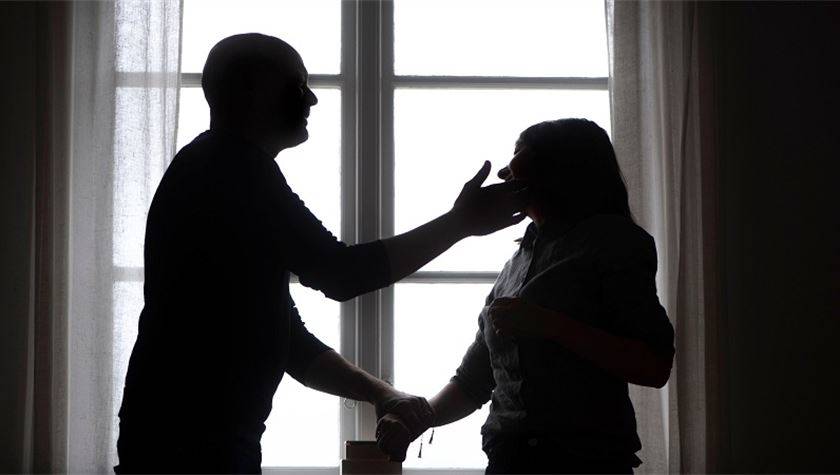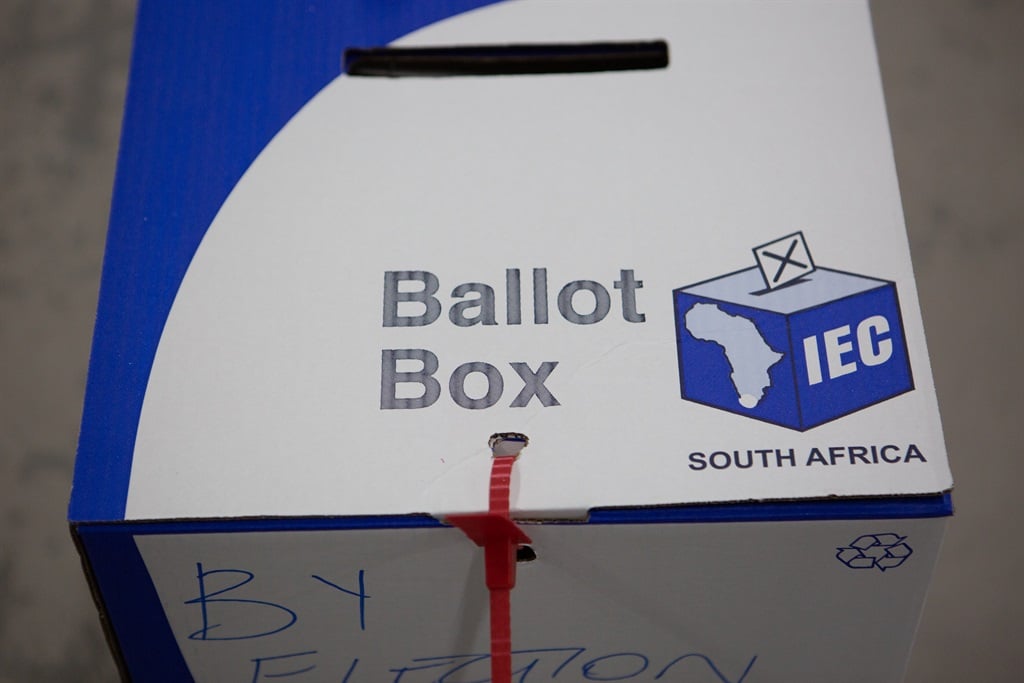
As a society, we bear equal responsibility along with the perpetrators of GBV if we remain silent towards the infringement of women’s rights by male acquaintances, relatives, and colleagues, as well as those who exploit young women sexually and gloat about sleeping with young girls, writes Paul Mashatile.
This year marks 25 years of South Africa’s participation in the annual 16 Days of Activism Campaign on No Violence Against Women and Children (VAWC).
On 25 November, I had the privilege of launching the start of this year’s campaign in Mpumalanga. The 16 Days of Activism Campaign runs from 25 November to 10 December and is aimed at raising awareness about the devastating impact that Gender-Based Violence and Femicide (GBVF) has on women and children and the social fabric of our society. It further highlights the pressing need for us to renew our commitment to tackling this issue comprehensively.
The reality is that GBVF, which primarily affects women and children, is a profound and widespread issue in South Africa that has far-reaching consequences. It is systemic and deeply entrenched in institutions, religion, culture, and tradition.
Worrying statistics
According to recent South Africa Police Service (SAPS) statistics, about 53 900 South Africans reported being victims of a sexual offence in the fiscal year 2022-2023. Around 80% of them reported being raped, while over 7 600 South Africans reported being sexually assaulted.
What is even more concerning is that between July and September 2023, 10 516 rapes were reported, with 4 726 incidents occurring at the victim’s or perpetrator’s home. Additionally, 293 innocent children lost their lives, 361 attempted murder incidents occurred, and 1 820 assault cases causing grievous bodily harm were reported.
READ | Amanda Gouws: Imagine going for a run and ending up dead
These statistics are more than just figures; they represent lives shattered, trust fractured, and futures marred by trauma. Behind each number is a story of pain, fear, and the urgent need for comprehensive action.
It is, therefore, critical that we recognise the gravity of the situation and muster the courage and determination to confront these acts head-on for the sake of our present and future generations. We must reflect on our individual contribution to GBVF and how we have normalised this culture through sexist jokes, victim blaming, and rigid gender stereotypes.
As a society, we bear equal responsibility with the perpetrators if we remain silent towards the infringement of women’s rights by male acquaintances, relatives, and colleagues, as well as those who exploit young women sexually and gloat about sleeping with young girls.
Support system
It is important that we provide comprehensive support systems for survivors instead of victim shaming and blaming. This includes expanding access to counselling, medical care, legal aid, and safe shelters. Empowering survivors to rebuild their lives is integral to the healing process and breaking the cycle of violence.
As government, we have introduced several policies and programmes, which include the recent assent of President Cyril Ramaphosa to crucial legislative reforms, which are:
- The Criminal Law (Sexual Offences and Related Matters) Amendment Act Amendment Bill;
- The Criminal and Related Matters Amendment Bill, and;
- The Domestic Violence Amendment Bill.
We have harnessed the roles, responsibilities, and resources of multiple stakeholders. For example, the establishment and capacity building of Rapid Response Teams (RRTs) at provincial and local levels stands as evidence of our commitment to an inclusive approach to ending this pandemic.
The development of the Comprehensive National Gender-Based Violence and Femicide Prevention and the Integrated Femicide Strategic Frameworks signal a holistic approach to turning the Gender-Based Violence and Femicide tide.
READ | Nechama Brodie: Paper planes – No safe spaces for South African women
The month of November marked a historic milestone with the passing of the National Council on Gender-Based Violence and Femicide Bill by the National Assembly. The establishment of the National Council on Gender-Based Violence and Femicide, underpinned by this robust legislative framework, is an urgent and critical task and will ensure that GBVF issues are mainstreamed in government operations and functions and that the response is inter-sectoral, therefore leaving no one behind.
We are actively promoting the inclusion of men in shaping the response to Gender-Based Violence (GBV), acknowledging the positionality of men and women in re-enforcing violent practices. This also includes acknowledging that violence also occurs in same-sex relationships and that men can also be at the receiving end of this violence.
In this regard, on 19 November, we launched the Takuwani Riime Programme of Action for the period 2023–2025 in Limpopo. This programme encourages men to collectively take action in order to address the many gender-related issues plaguing modern society. The Takuwani Riime Programme acknowledges that eliminating GBVF will require rejecting all forms of violence, no matter how ingrained in customs or how widely accepted they may be.
Unacceptable levels
Despite these interventions, including constitutional and legislative protection, violence based on gender and sexual orientation remains at unacceptable levels, which requires us to work together. It is our duty to stand up against human rights violations, challenge the underlying structures that allow them to persist, and provide support and justice to those affected.
I urge men in our communities to be role models for young boys. As men, we have the ability to guide young boys towards developing into men who have respect for and value the rights of women while also earning respect for themselves without perpetuating toxic masculinity.
In order to fight this scourge of Gender-Based Violence and Femicide towards a future where women and children will be safe and not live in fear, it is necessary that we collectively as a nation dismantle ideas, beliefs, and practices that are premised on the superiority and dominance of men. Our overall commitment is towards building a free, non-sexist, and equal society.
This 16 Days of Activism Campaign provides us with an opportunity to heighten our efforts in fighting this scourge and rallying our communities towards a Gender-Based Violence and Femicide-free South Africa.
– Paul Mashatile is the deputy president of South Africa.
*Want to respond to the columnist? Send your letter or article to opinions@news24.com with your name and town or province. You are welcome to also send a profile picture. We encourage a diversity of voices and views in our readers’ submissions and reserve the right not to publish any and all submissions received.
Disclaimer: News24 encourages freedom of speech and the expression of diverse views. The views of columnists published on News24 are therefore their own and do not necessarily represent the views of News24.






Recent Comments